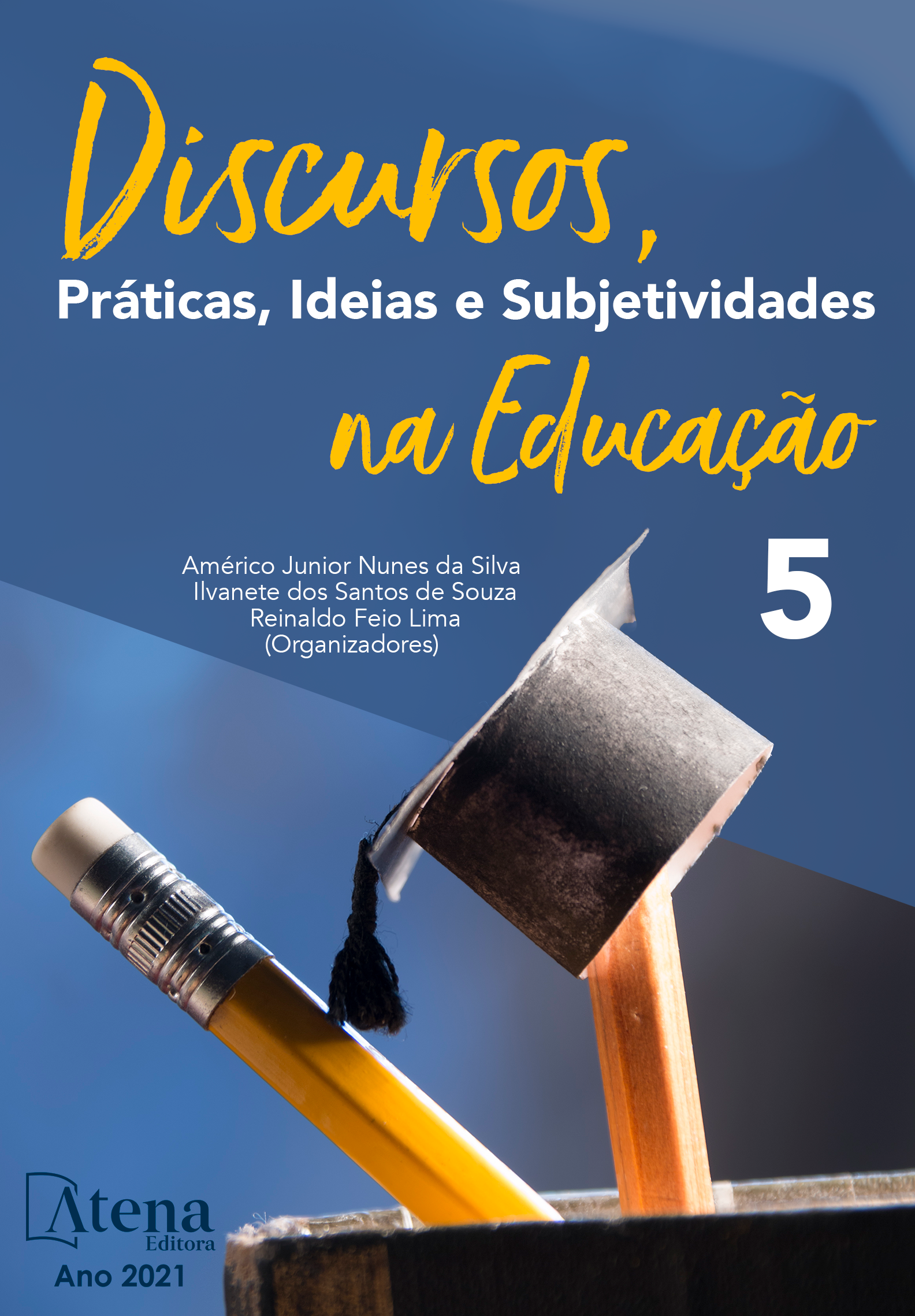
ENTRE AS SALAS DE AULA E O FOLCLORE: PRÁTICA PEDAGÓGICA DO PROFESSOR GUILHERME SANTOS NEVES NO GINÁSIO DO ESPÍRITO SANTO, BRASIL (1934-1950)
O artigo investiga as contribuições do professor Guilherme Santos Neves para o ensino secundário praticado no Ginásio do Espírito Santo (GES), Estado do Espírito Santo – Brasil, no início do século XX. Criado em 1906, o educandário constituiu-se como uma instituição de ensino modelar para a sociedade capixaba. O sujeito investigado nesta pesquisa atuou como professor do GES, além de ter sido um grande pesquisador do folclore capixaba, publicando dezenas de artigos sobre o assunto em revistas e jornais. A pesquisa utiliza como fontes: atas de concurso, teses e pareceres, cartas pessoais, revistas, fotos, além de depoimentos coletados em entrevistas. A análise pauta-se nas contribuições teóricas dos historiadores Marc Bloch (2001) e Carlo Ginzburg (2002). Nesse sentido, valoriza-se a importância dos testemunhos históricos, trabalhando o entrecruzamento das fontes, interrogando-as a fim de fazê-las falar. As fontes indicam que o processo de admissão do professor Guilherme Santos Neves para provimento da cátedra de português, passou por dois momentos significativos: na década de 1930, quando ao inscrever-se no concurso para catedrático do GES, elaborou uma tese conforme requeria o edital, que segundo análise das fontes, nunca chegou a ser defendida. E o segundo, quando, diante da situação instaurada pela não defesa da tese produzida, continuou como professor interino da instituição, prestando um novo concurso para a cátedra de língua portuguesa, somente em 1950. Além de diplomar-se pela Faculdade de Direito, no Rio de Janeiro, em 1930, e atuar como juiz classista na junta de conciliação da cidade de Vitória, o professor lecionou português em diferentes instituições do Estado, sendo um grande incentivador da prática da escrita entre seus alunos. Trata-se, portanto, de um sujeito que circulou nacionalmente e internacionalmente, no diálogo com diversos intelectuais, o que possivelmente, refletiu nas práticas docentes empreendidas no ensino secundário capixaba.
ENTRE AS SALAS DE AULA E O FOLCLORE: PRÁTICA PEDAGÓGICA DO PROFESSOR GUILHERME SANTOS NEVES NO GINÁSIO DO ESPÍRITO SANTO, BRASIL (1934-1950)
-
DOI: 10.22533/at.ed.2752128045
-
Palavras-chave: Práticas pedagógicas. Guilherme Santos Neves. Ginásio do Espírito Santo. Folclore.
-
Keywords: Pedagogical practice. Guilherme Santos Neves. Ginásio do Espírito Santo. Folklore
-
Abstract:
The paper investigates the contributions of professor Guilherme Santos Neves to secondary education practiced at Ginásio do Espírito Santo (GES), in the state of Espírito Santo - Brazil, at the beginning of the 20th century. Created in 1906, the school was considered a model institution for Espírito Santo’s society. The individual investigated in this research was a teacher at GES, besides being a great researcher of Espírito Santo’s folklore, publishing dozens of articles on the subject in magazines and newspapers. The research uses as sources: minutes from selection processes, theses and opinions, personal letters, magazines, photos, and statements collected in interviews. The analysis is based on the theoretical contributions of historians Marc Bloch (2001) and Carlo Ginzburg (2002). In this sense, the importance of historical testimonies is valued, cross-referencing sources and interrogating them. The sources indicate that the admission process of Professor Guilherme Santos Neves to occupy the Portuguese chair went through two significant moments: in the 1930s, when he applied for the teacher position at GES, he prepared a thesis as required by the public notice, which according to an analysis of the sources, was never defended. And the second, when, faced with the situation after he did not defend his thesis, he continued as an interim teacher at the institution, applying again for the Portuguese language chair, only in 1950. In addition to graduating from the School of Law, in Rio de Janeiro, in 1930, and working as a class judge in the conciliation board of the city of Vitória, the professor taught Portuguese in different institutions of the State, being a great encourager of writing among his students. He is, therefore, someone travelled nationally and internationally, in dialogue with several intellectuals, which possibly reflected in the teaching practices undertaken in the secondary education of Espírito Santo.
-
Número de páginas: 18
- Regina Helena Silva Simões
- Tatiana Borel


